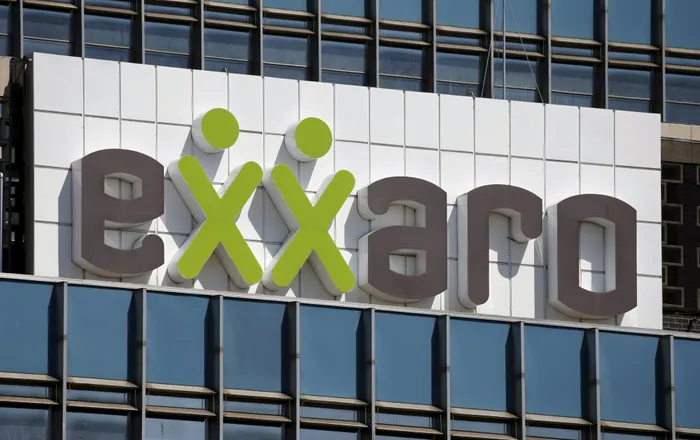Exxaro widens critical metals search to greenfield assets

The Pretoria headquarters of South African coal mining company Exxaro. Picture: Reuters
Exxaro Resources was expanding its search for critical mineral assets to greenfield projects, the mining company said on Wednesday, as it pursued its strategy to diversify away from coal.
Exxaro, one of South Africa's top coal producers, also has interests in iron ore and renewable energy. The company plans to acquire manganese and copper assets, both minerals considered vital for the global transition from polluting fossil fuels to cleaner energy.
The miner was among several firms that were interested in buying Botswana's Khoemacau copper mine, which holds one of Africa's largest copper deposits. The $1.88 billion (R35bn) mine was eventually sold to Chinese miner MMG.
Exxaro's chief growth officer Richard Lilleike, who is leading the miner's mergers and acquisitions drive, told analysts that while the company was still interested in producing assets, it would also consider development projects in light of current elevated asset prices.
“In the wake of Khoemacau… we certainly are seeing a lot of investment opportunities mostly on the earlier stage capital raising. I think capital markets are quite tough right now and therefore our balance sheet stands out as a partner to new assets or assets under development,” Lilleike said.
Exxaro said it had a net cash balance of R13.5bn at the end of October, as it builds a war chest of up to R15bn to fund acquisitions.
The company is selling off its ferroalloys unit, which it says does not fit into its long-term strategy. The unit produces ferrosilicon, mostly used in steel making. It plans to complete the sale by June 2024.
Exxaro expects its coal production to be flat at 43 million tons in the year to December 31, in line with previous guidance. Export sales are also seen flat this year at just over 5 million tons, amid persistent freight rail logistics challenges.
Reuters